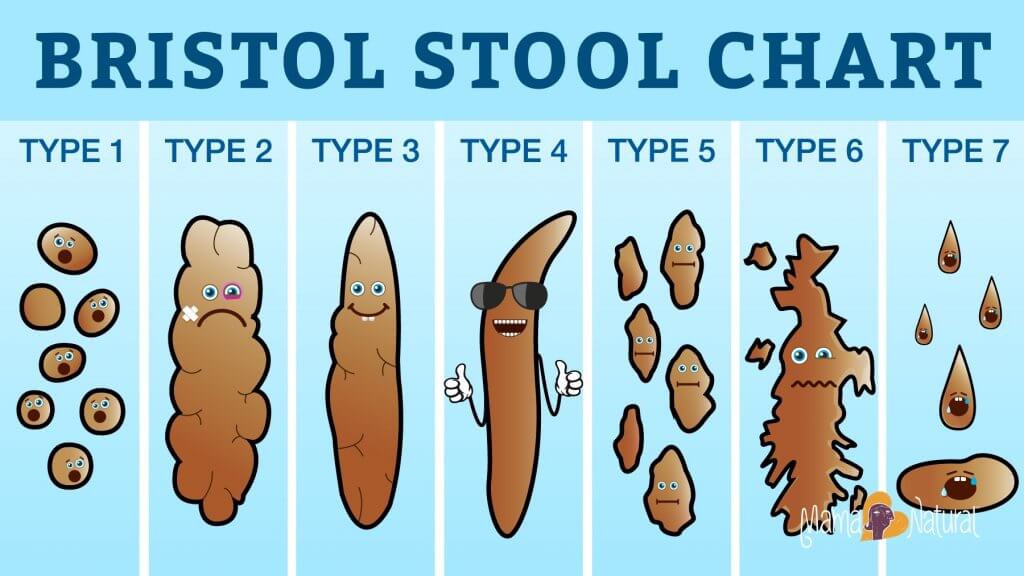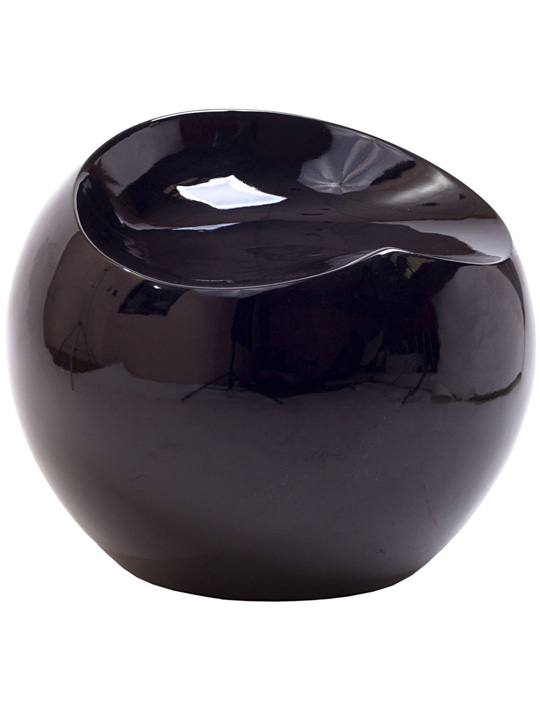

In cases of reservoir incontinence, the cat is typically aware of the defecation but unable to control it. If sphincter incontinence is caused by nerve damage, you may observe that your pet has trouble walking, urinary incontinence, and/or changes in how the tail is carried. Additionally, your pet may lick at the rectum more than usual. If the sphincter incontinence is caused by anal sphincter damage or disease, you may notice redness, inflammation, or drainage from your cat’s rectum. You may notice occasional fecal balls in your pet’s bed or deposited around the home. The clinical signs of bowel incontinence vary, depending on the severity of the disease and its underlying cause.Ĭats with sphincter incontinence typically leak small volumes of stool without awareness. What are the clinical signs of bowel incontinence? Additionally, damage to the nerves that control the anal sphincter (which stem from the spinal cord and travel to the sphincter) can interfere with its ability to function normally. Any lesion that disrupts the anal sphincter, such as an anal wound or mass, can interfere with its function. There are two possible causes of sphincter incontinence. When the anal sphincter does not close properly, feces can leak out. Sphincter incontinence refers to the inability of the anal sphincter (the muscle that closes the anal opening) to remain in a closed position. In a cat with reservoir incontinence, the rectum cannot store a normal volume of stool, which results in the pet being unable to control the urge to defecate. This can occur in cases of diarrhea, inflammatory bowel disease, cancer, or any other disease that affects the intestines.

Reservoir incontinence refers to any disease of the rectum (the last part of the large intestine that leads out of the body) that prevents stool from being held or stored in a normal manner. In other cases, pets may be aware of their bowel movements, but are unable to control them.Ĭauses of bowel incontinence can be divided into two broad categories: reservoir incontinence and sphincter incontinence.

In some cases, cats with bowel incontinence may drop small amounts of feces without any awareness that they are doing so. Bowel incontinence refers to the loss of the ability to control bowel movements.īowel incontinence can present in a number of different ways.


 0 kommentar(er)
0 kommentar(er)
